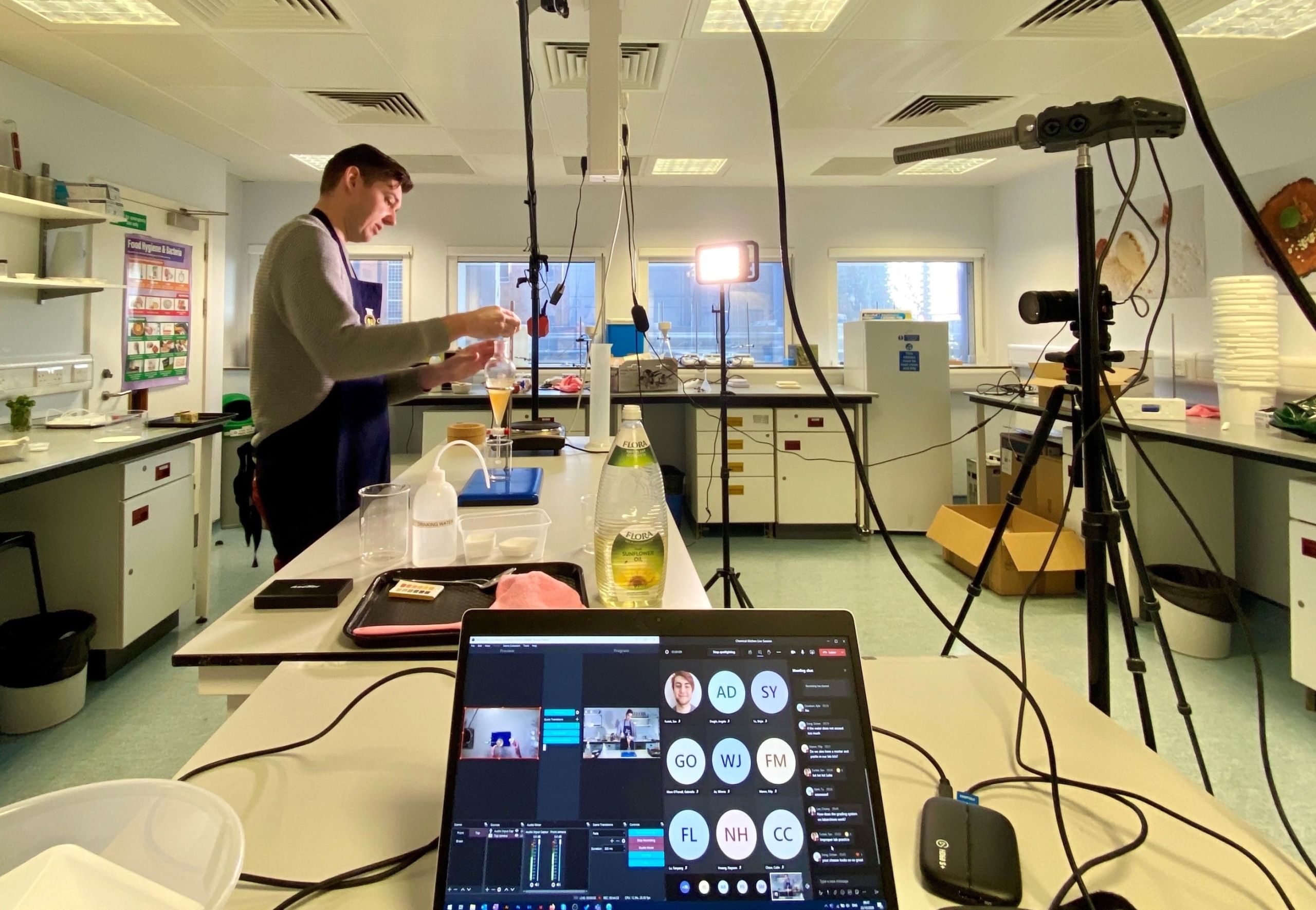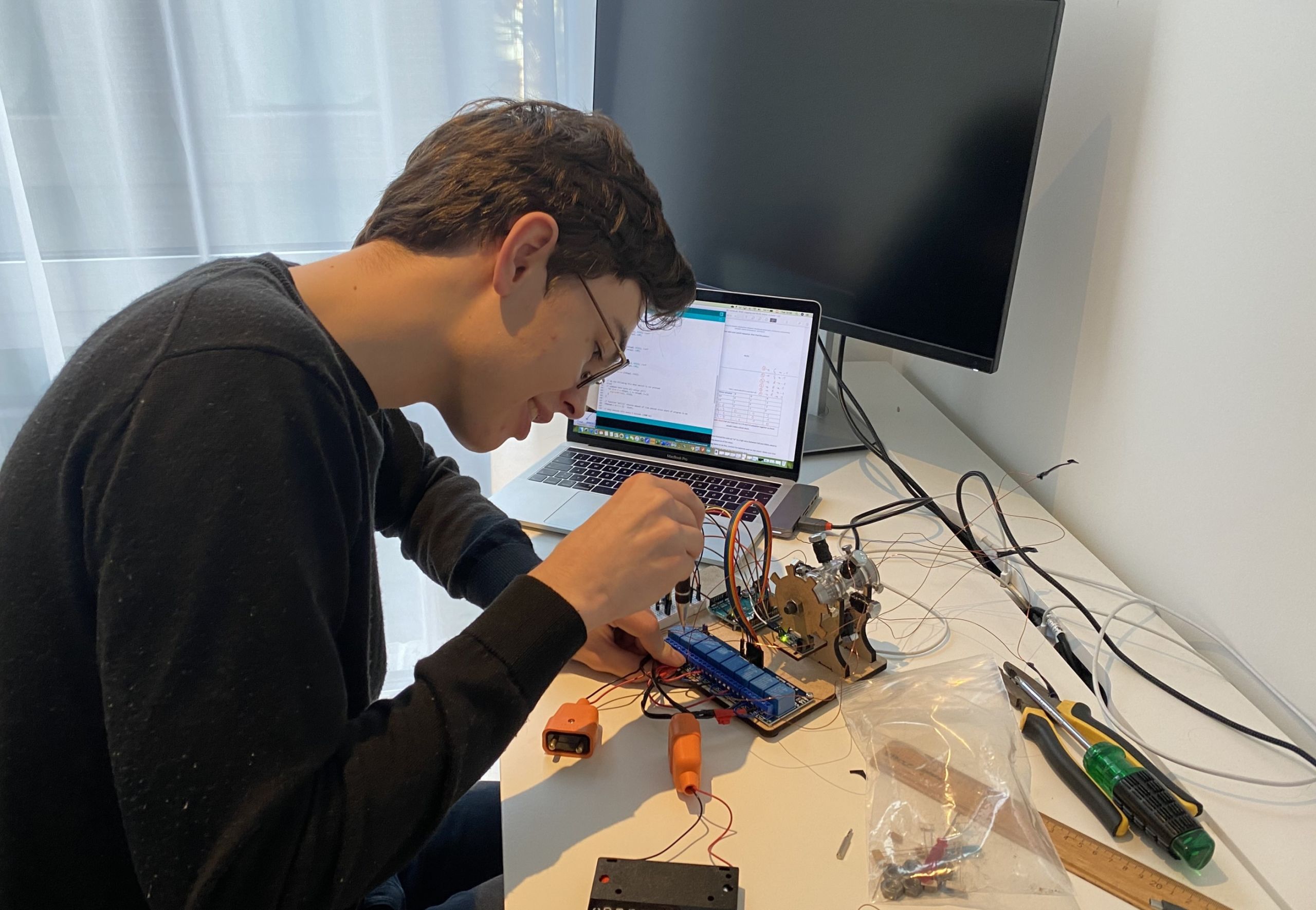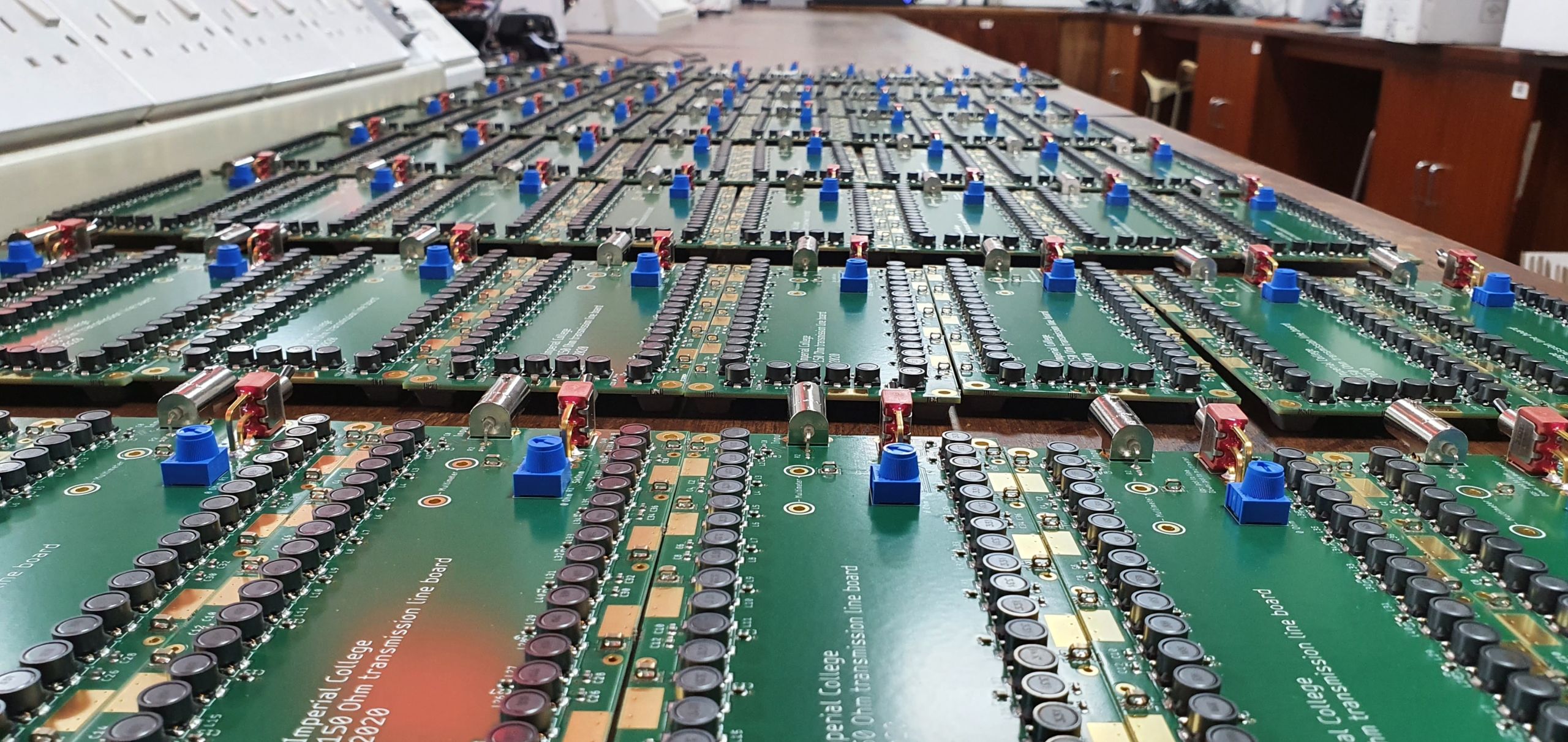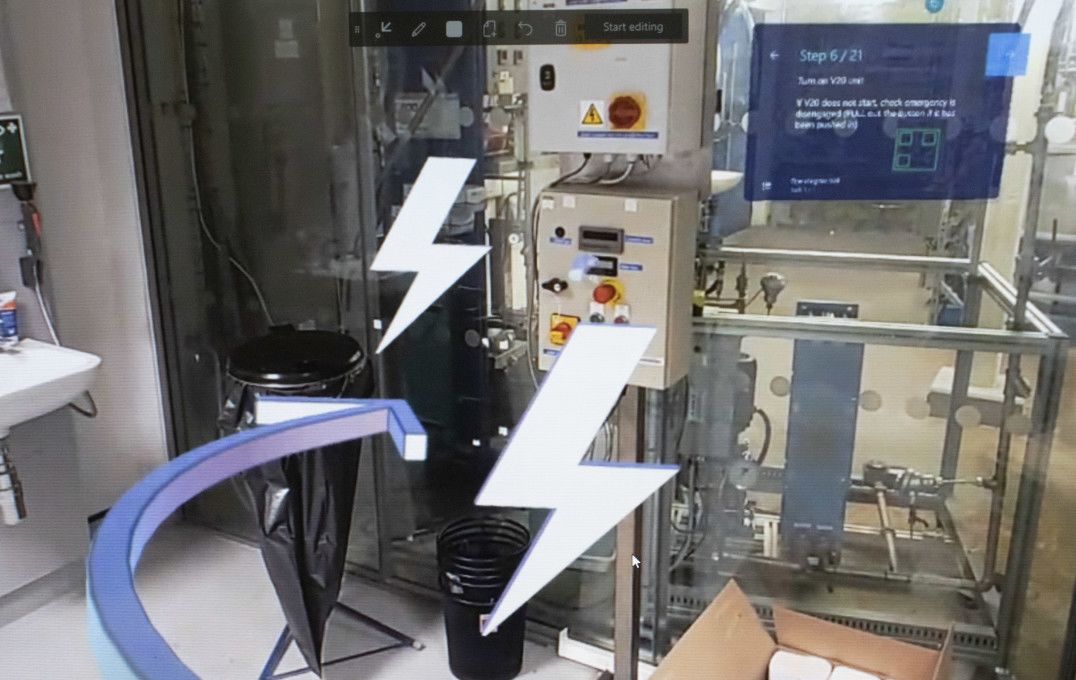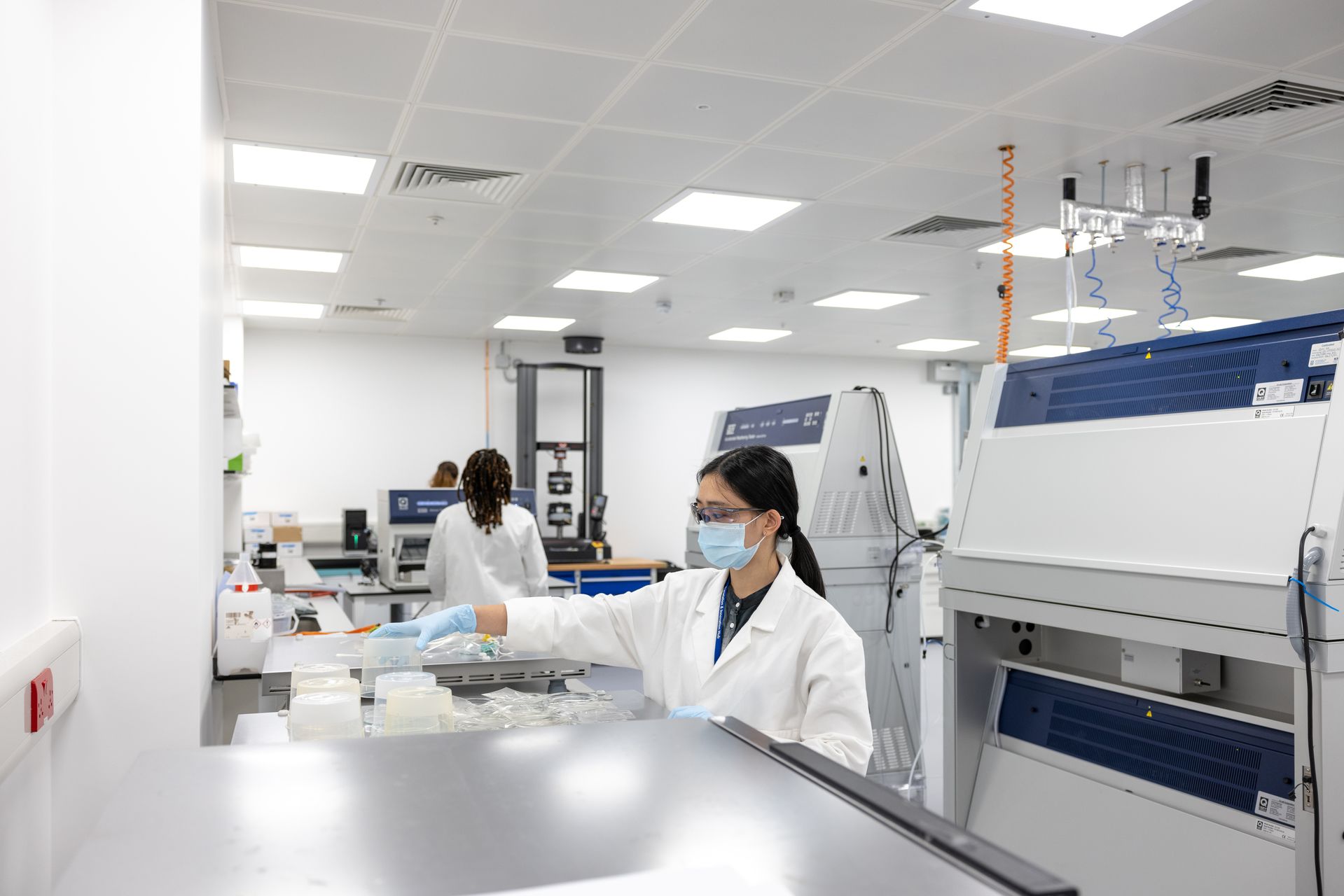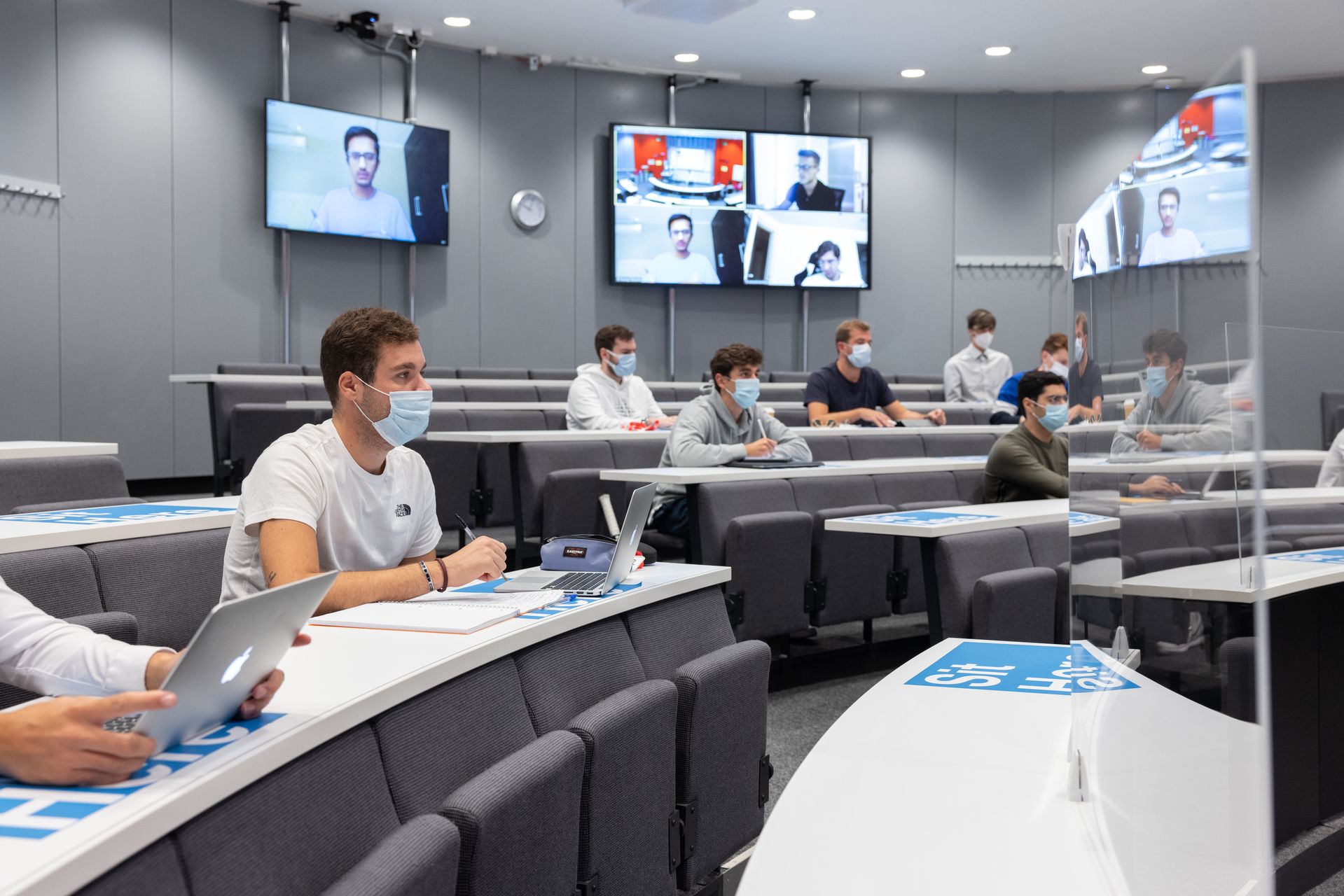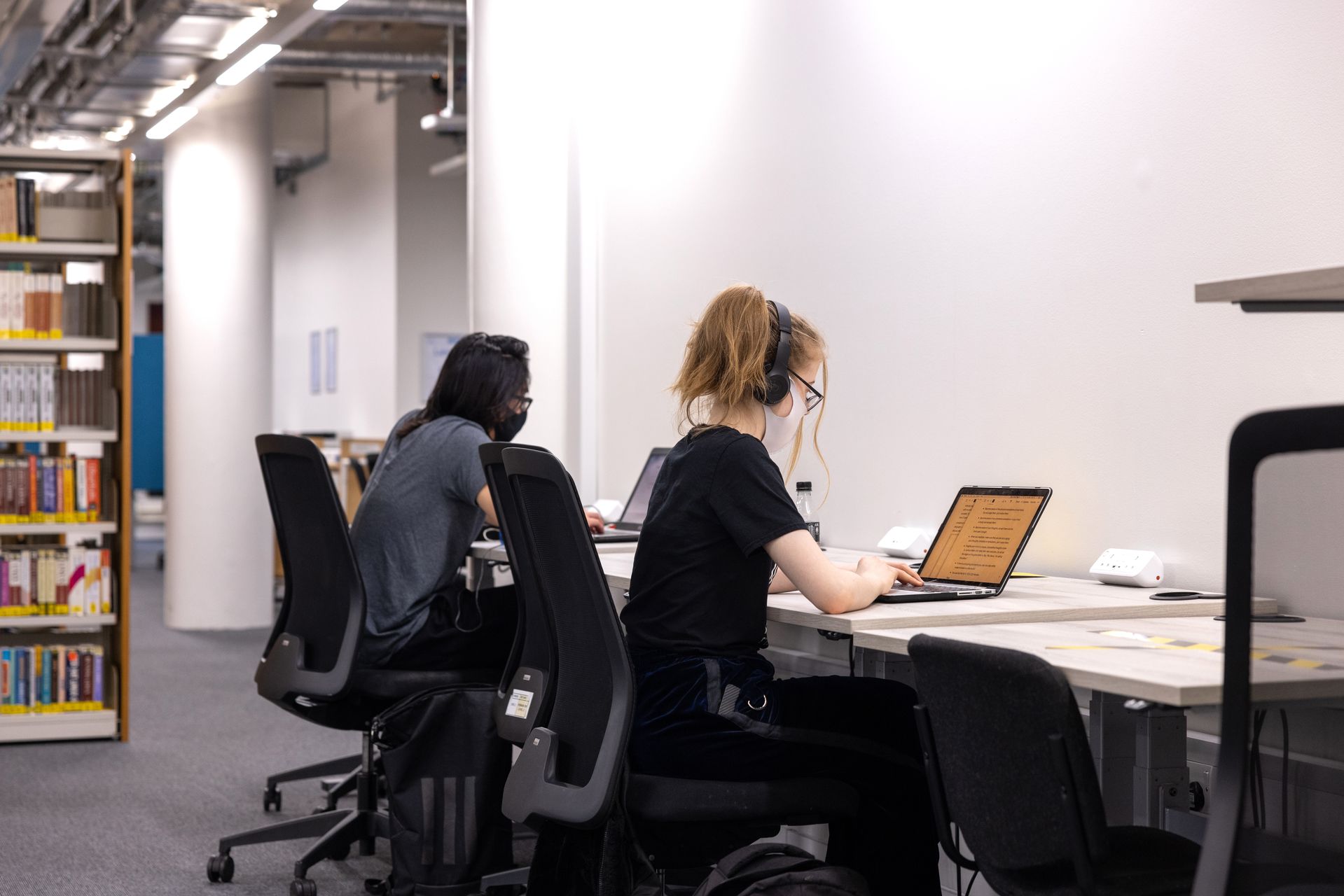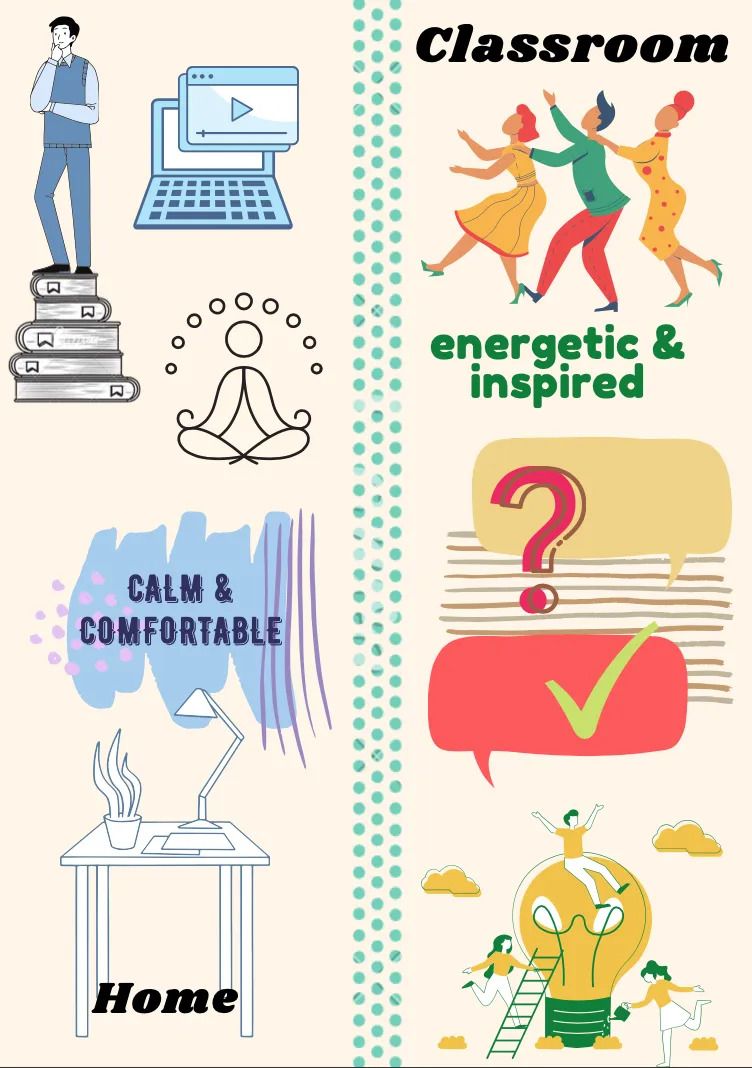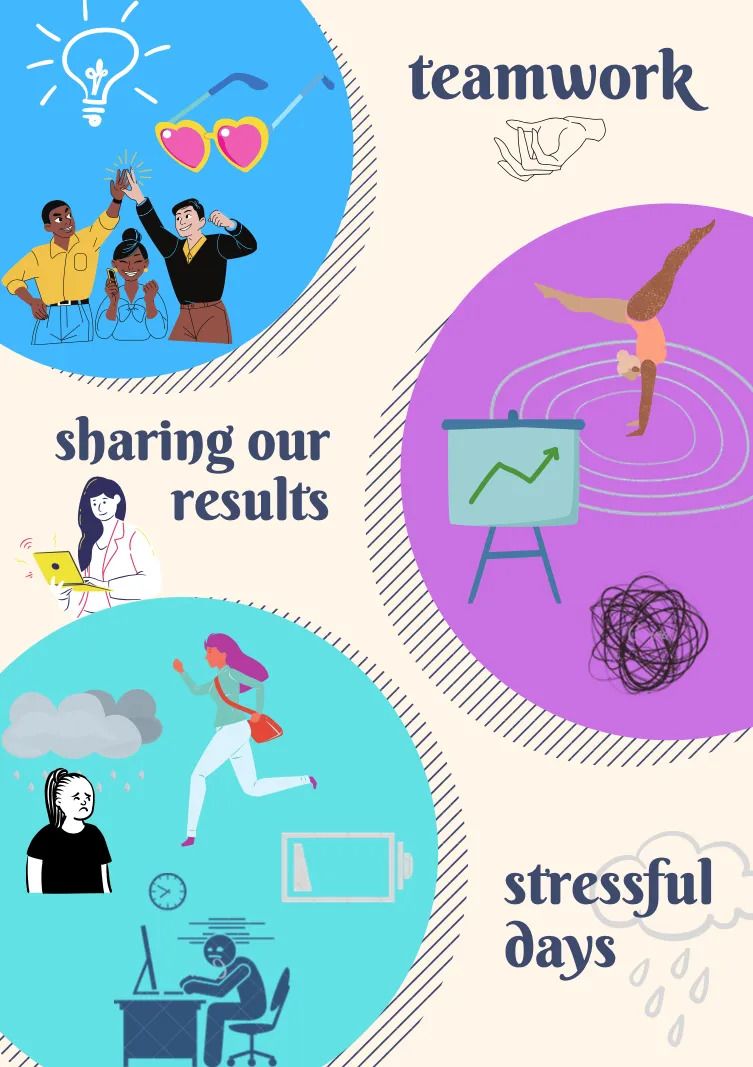Learning from a pandemic
The Imperial teachers and students reshaping education

On 13 March 2020 much of Imperial, a university offering almost all our teaching in specially designed laboratories and classrooms, fell silent for the first time in our 113-year history.
Ten days later the UK Government enforced a range of social restrictions to protect its population from COVID-19. Multiple national and regional lockdowns have ensued in the year since, with physical and mental health, international travel, and the economy impacted like never before.
How do you complete a challenging, practical degree during such upheaval? How do you teach students critical skills when you can rarely interact with them in a campus setting? The answer was the rapid development of 'multi-mode' education – an innovative mixture of on-campus learning when appropriate, and remote learning when not.
We explore how the College, rarely far from the spotlight of global media in our race to better understand the terrible toll of the pandemic, has applied similar efforts to ensuring we continue nurturing the next generation of leaders in Natural Sciences, Engineering, Medicine, and Business.
Remotely controlled laboratories, medical consultations conducted entirely in augmented reality, travel-free expeditions, remote assessments, seamless in-classroom and at-home enterprise and product design – the ‘future’ has become the present, with all its same pressing opportunities and challenges.
This is the story of the individuals reshaping education for a post-pandemic world.
Sharing knowledge, saving lives

Within the first weeks of the virus being discovered in Europe, a group of Imperial teachers, researchers and learning technologists met and decided to swiftly embark on creating a free online course explaining the science behind COVID-19 to any member of the public.
Professor Helen Ward, Director of Education at the School of Public Health, said:
In this rapidly changing world, we’re doing our utmost to study the pandemic in real-time in order to inform policy, and through this course we are also sharing our methods with tens of thousands of people across the globe.
Professor Ward has spent the last number of years collaborating with others on the development of an entirely online public health master’s degree, filming her own learning content in multimedia studios across the College’s London campuses.
This experience was put to great use as by the end of 2020 the course was one of the most popular on the Coursera online education platform, having reached over 140,000 learners and attracted over 2 million pageviews. Content continues to be developed in real-time as more information on the pandemic becomes available.
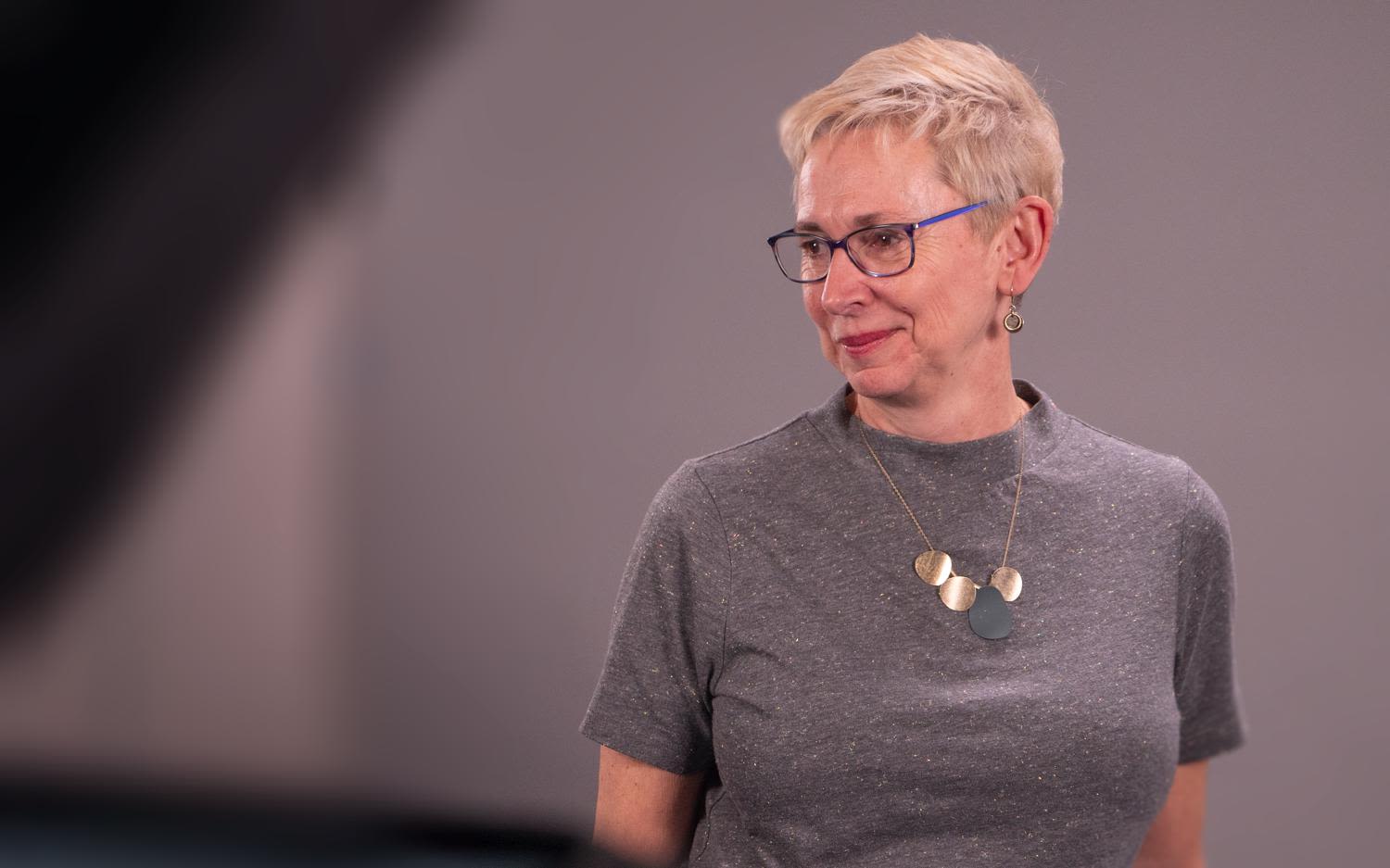
Schooling starts at home
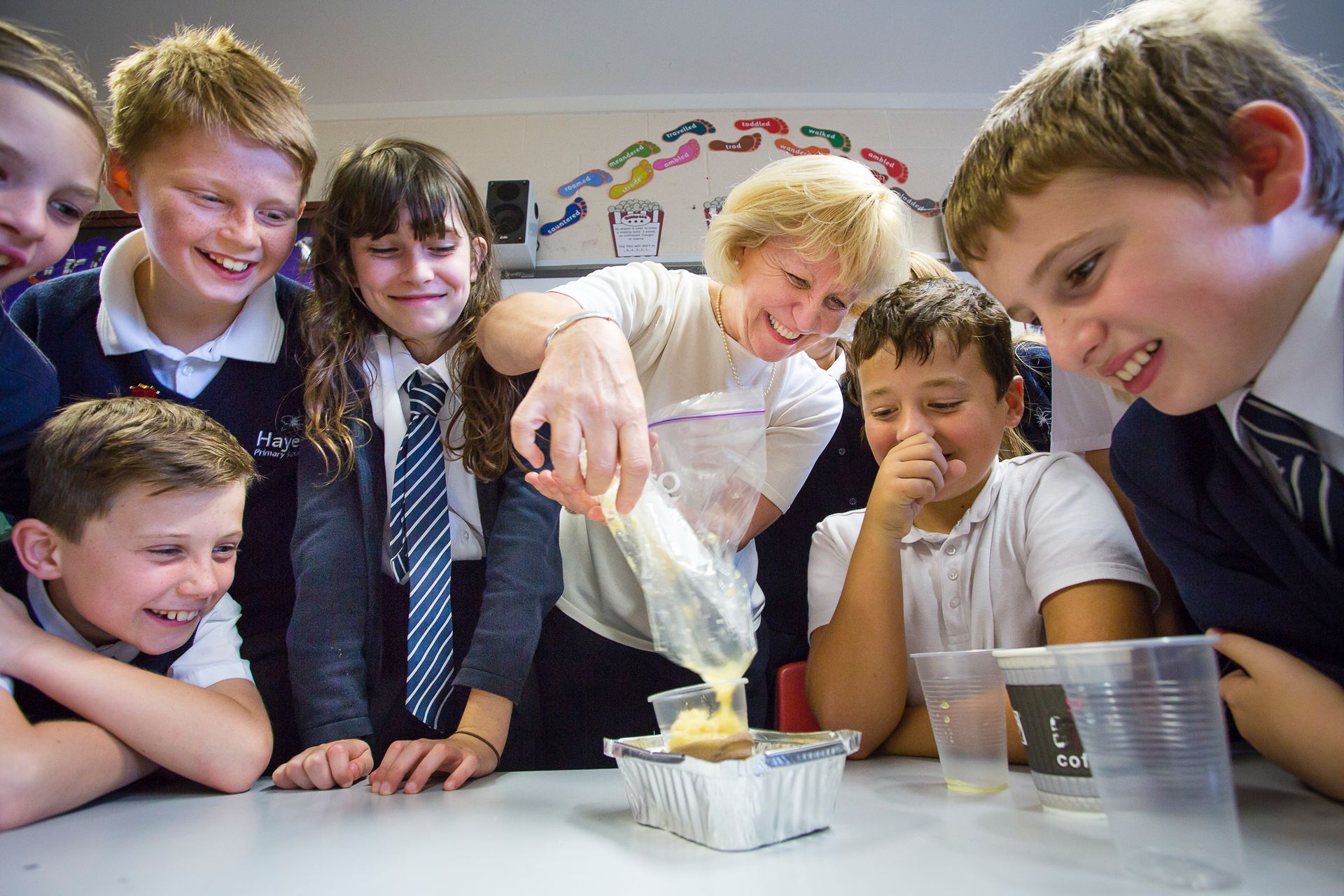
With the pandemic shuttering schools across the UK and with over 90% of the world’s schoolchildren absent from class in the past year, Vice-President (International), Professor Maggie Dallman, recognised the threat to children’s learning, and Imperial’s duty to not only inspire adults, but also younger generations. We partnered with Twig Education and offered innovative digital resources to empower parents and teachers to deliver inspiring science lessons to 5–11-year-olds.
Professor Dallman explained the rationale behind Imperial’s expanded outreach activities:
Nurturing our future scientists is key to tackling some of the world’s biggest challenges. With school closures disrupting children’s education, we were keen to ensure that the next-generation of young scientists still have access to inspiring lessons.
The resources are also available via UNICEF’s Learning Passport – a new international online learning platform – in Jordan, Puntland (Somalia), Timor-Leste and Ukraine, with expansion to more countries expected across 2021.
Robert Jenkins, UNICEF Chief of Education, said: “The pandemic has exposed and exacerbated a long-standing learning crisis and digital divide. As the impact on education deepens, this partnership is a powerful reminder that by working together we can create innovative, scalable solutions that keep children learning.”
Further strengthening Imperial’s support, we are the only university to offer a free online Mathematics course at A-Level (Year 12 and 13). The course has been jointly developed by Imperial and MEI, an independent charity that is a leader in the field of online Maths education. Already this programme has reached more than 17,000 registered users and provides intensive support for 200 under-represented students a year.
The course continues to be a vital tool in providing encouragement for those students whose university places were deferred this past year, and we believe it has a place in helping many current school students catch up on lost learning opportunities.
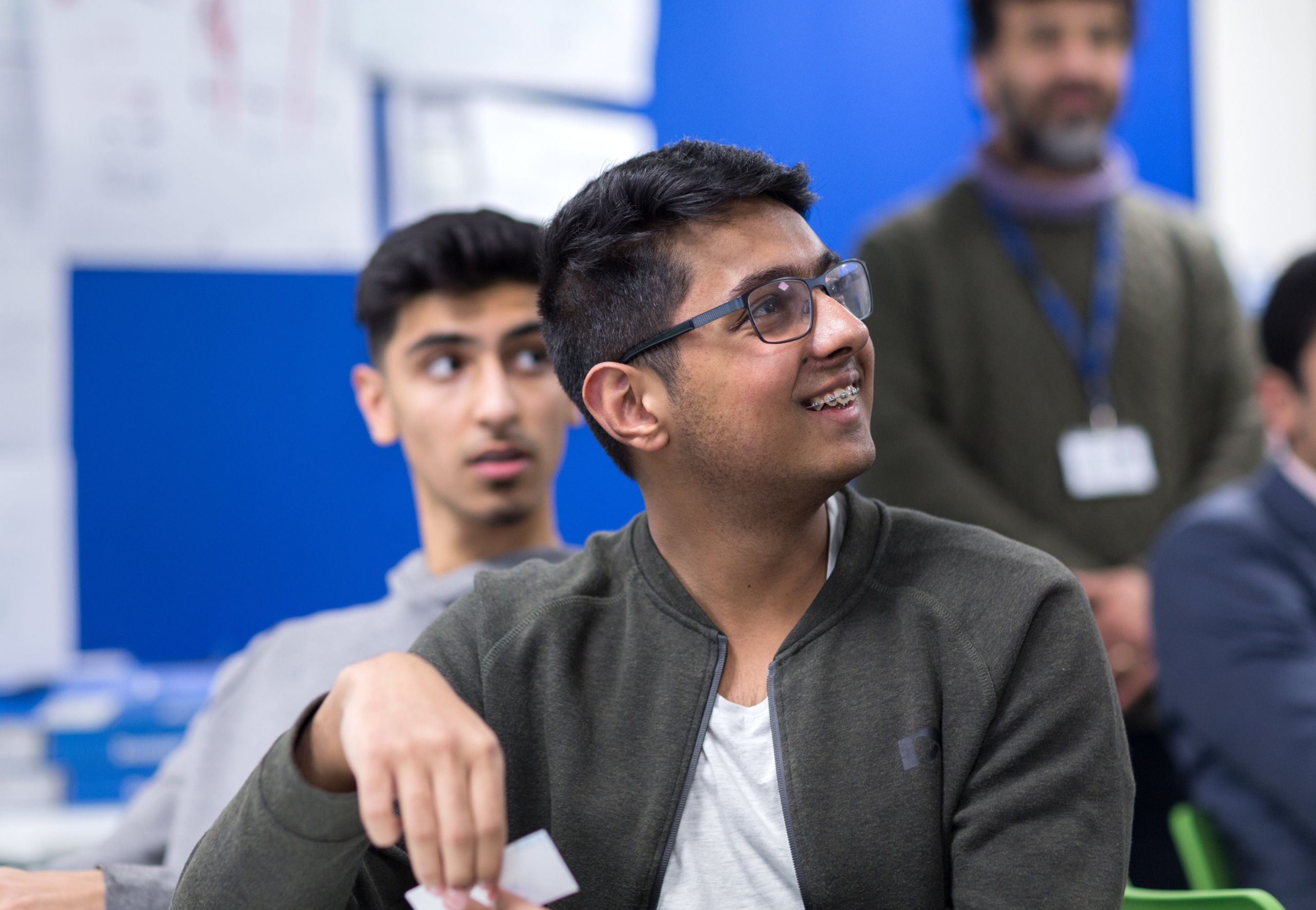
Our community in your community
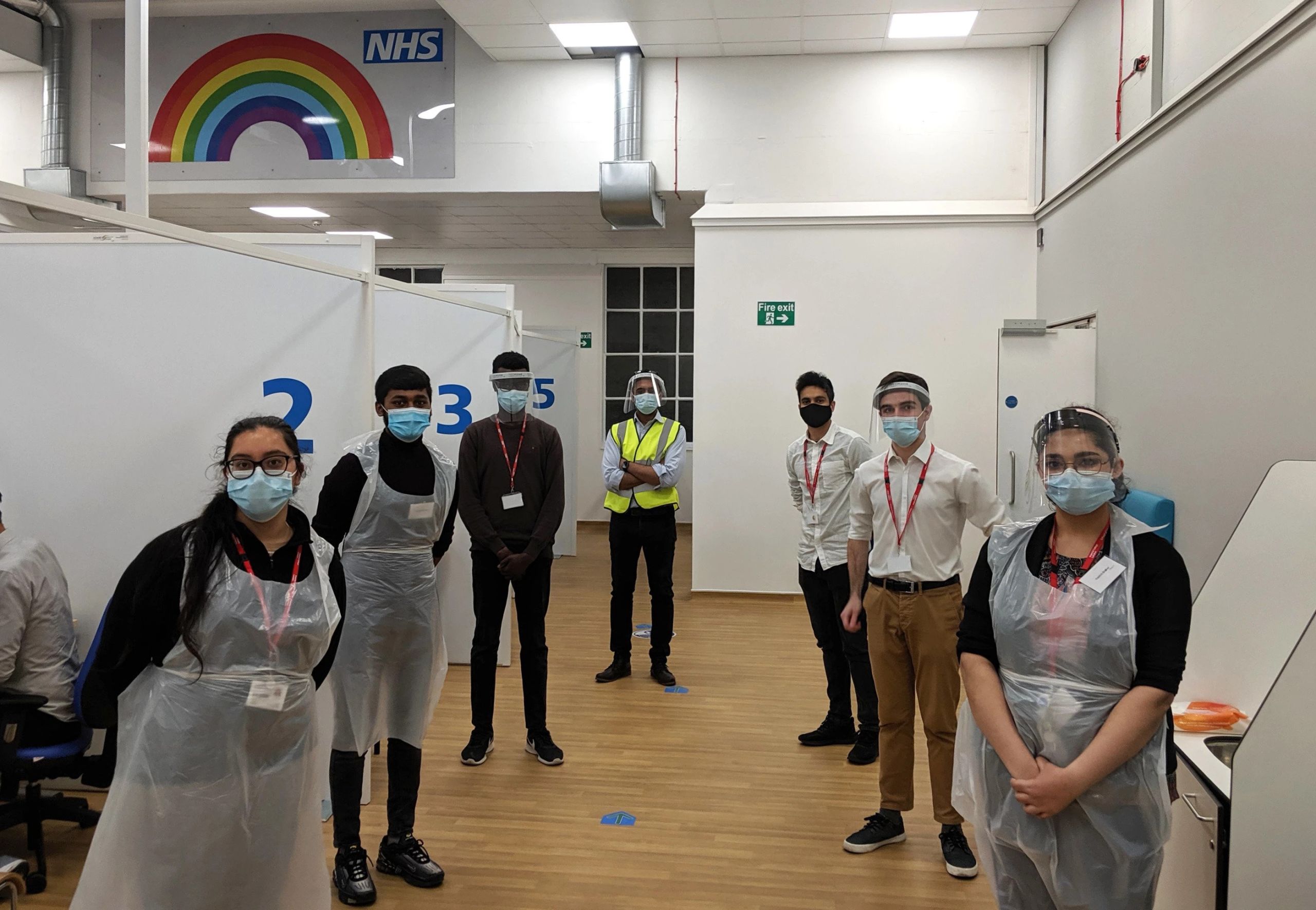
From hosting telephone clinics, to working in partnership with charities, to aiding the UK’s mass vaccination programme, over 1000 of our students have gone above and beyond our expectations in using their education as a launchpad to help the communities we are based in.
Imperial's close connections with healthcare commissioners and the voluntary sector meant third year medical students were well-placed to respond to the needs of the local community and NHS leaders. Abi Mahendran, a student volunteer in one London GP practice, said: "With A&E attendance 30% lower than in normal times, and with 4% of Londoners not speaking English well, we knew we had to act.”
Abi’s team went on to create a series of accessible, captioned videos in multiple languages (Bangladeshi, Somali, and Arabic) to reassure communities in North West London that NHS services continue to be safe to use during the pandemic. Targeted especially at BME communities, the videos are now streaming on social media platforms.
Beyond GP practices, COVID-19 vaccine efforts continue across London and Imperial medical students have proved to be an essential part of the workforce delivering jabs to the clinically vulnerable.
Dr Yasmin Razak, GP Tutor & Clinical Director at Neohealth Primary Care Network, is leading the Vaccine Hub in North Kensington which has benefited from the support of Imperial medical students:
Working alongside medical students has provided us with a highly trained and energised volunteer workforce, transforming our operations, supporting safe patient flow and vaccinating our most vulnerable at a higher rate. Their digital skills have been an additional asset. Patient feedback has been fantastic!
The innovation has not stopped in the hospital, students past and present have raced to apply their entrepreneurial skills to pandemic-related issues. One Imperial medical student has created a new platform that gamifies physiotherapy and helps patients to recover. Motics, co-founded by medical student Harvinder Power, is addressing challenges in the field of physiotherapy, connecting patients with physiotherapists and developing technology that monitors muscle function via a game to improve adherence to exercises.
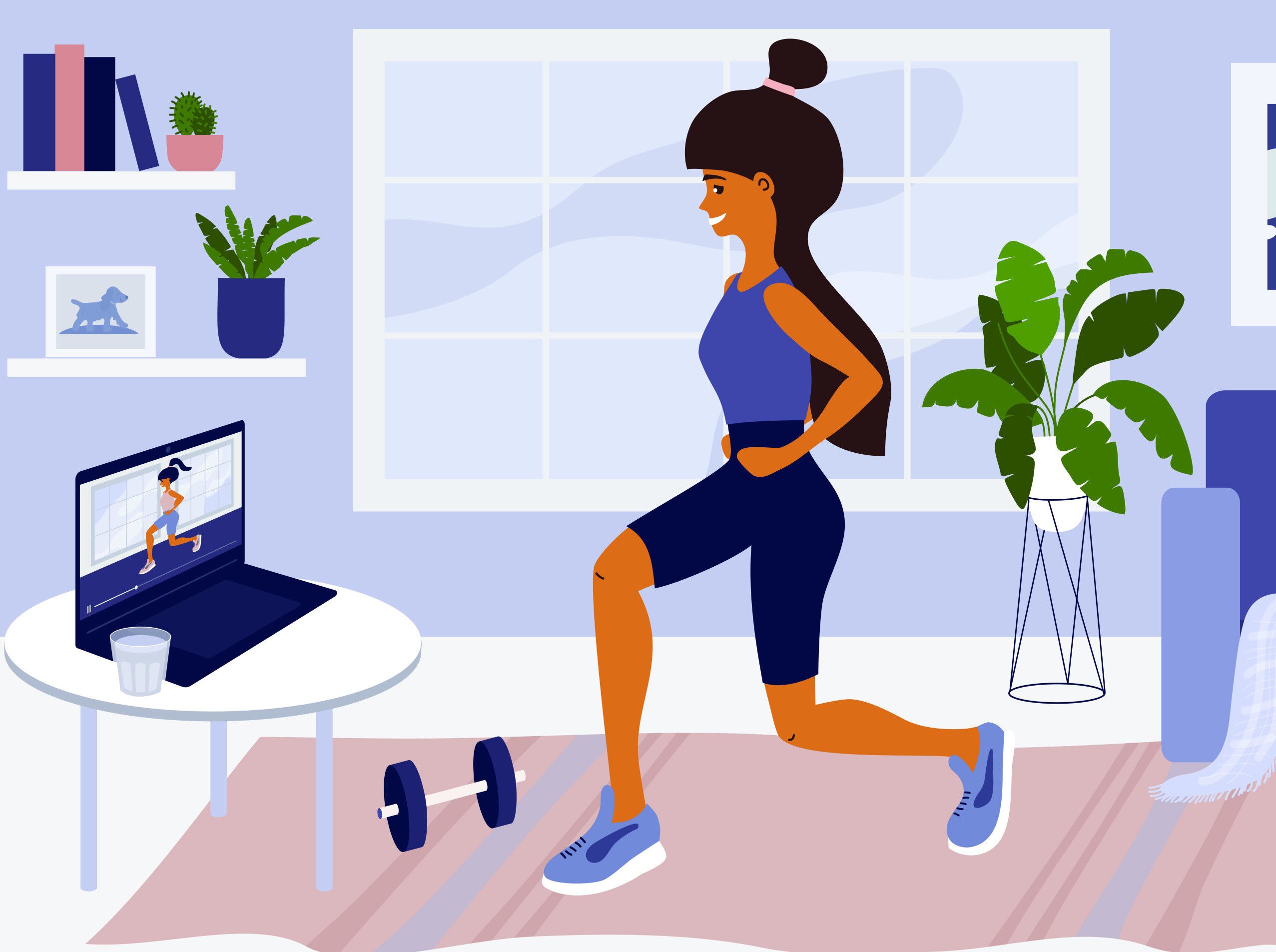
Science at home...
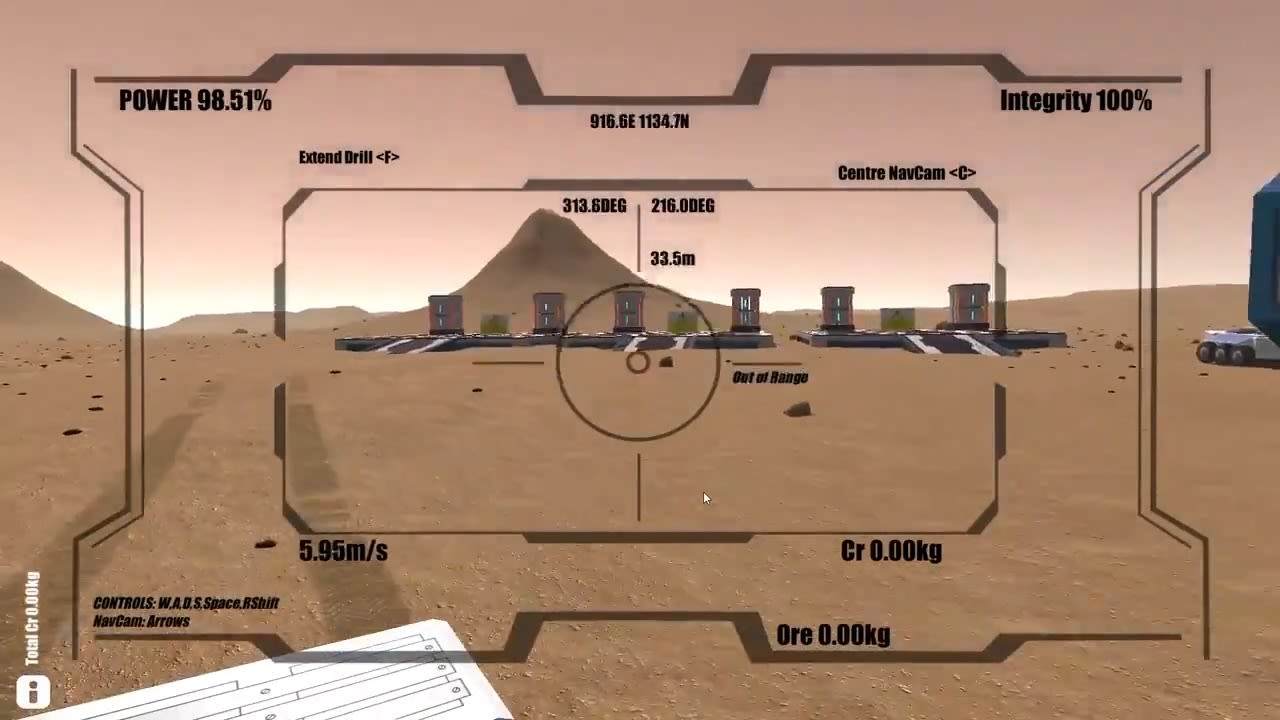
Our homes have quickly become the centre of our lives, and if you have been learning or teaching in a small space, the challenges of staying engaged and enthused will be familiar to you.
Teachers across the College have recognised that 'home' must become the new 'lab', wherever feasible. Across several Departments bulky on-campus experiments have been transformed into portable ‘labs-in-a-box’. These parcels, developed with student involvement, have been mailed to learners' homes all across the world.
And the experimenting does not stop at home, the Department of Physics has also designed a bespoke combination of hardware and software that allows students to gather their own data from a lab on campus, even if they’re studying remotely:
They could be in China, America, Australia – the remote functionality of the printed circuit board means that the lab can be accessed over a much-extended time frame.
But for some disciplines, ‘science’ is not just lab-based but also about getting your boots muddy out in the field. Dr Matthew Genge, Senior Lecturer in Earth and Planetary Science, immediately recognised that many of these expeditionary opportunities would be unavailable to his students. He set to work collecting 140 Gb of 3D data in the field to aid him in creating a series of virtual worlds. As a Mars expert, Dr Genge even tried his hand at recreating the Red Planet!
The 'field trips' aim to provide as realistic an experience as possible, since geological field training is intended to prepare students for working in the real world. Above all it aims to be fun.
Emilia Dobb, a student on the course, tells us more about how the field trips are designed to let students learn geology in an accessible way:
“I was very excited that the trip had become virtual. I have a disability which means I can’t normally attend fieldwork, so the experience has been extra special for me.
“Our lecturers have put so much effort into making the trip fun and immersive. They have developed an app for us to explore 3D outcrops, and accommodated them with high-resolution photographs, 3D images of rock samples and even incorporated a virtual microscope which we can use to analyse the rocks through thin sections.”
A view from inside one of the virtual field trips.
A view from inside one of the virtual field trips.
Dr Luke Delmas recording instructions for Chemistry's food-themed lab-in-a-box
Dr Luke Delmas recording instructions for Chemistry's food-themed lab-in-a-box
Student working at home with a Mechanical Engineering lab-in-a-box
Student working at home with a Mechanical Engineering lab-in-a-box
Components for the Physics lab-in-a-box
Components for the Physics lab-in-a-box
Science from afar...

Not all of the past year has been virtual, however. In November 2020 a small number of our students did have the opportunity to embark on a carefully planned in-person field trip to Lundy Island, a tiny rocky outcrop off the Devonshire coast in Southwest England. They arrived by helicopter and had to follow strict COVID-safe rules. During their time on the island they learned essential field skills, and explored its natural history, behavioural ecology and the evolution of its resident house sparrows.
But what if certain subjects do not always fit well with 'lab-in-a-box' experiments or field trips? Well, the CREATE Lab in the Department of Chemical Engineering has met that challenge with technology. The Lab enables some students to participate in their chosen lab project remotely using three key pieces of technology: HoloLens augmented reality headsets, controllable cameras and QR codes. Students in the Lab, closely following social distancing rules, are able to work in partnership with those at home.
Thomas Cheng, undergraduate student, said:
For those working remotely, it is almost like you're standing there in person, able to work with your group face to face, just like before. I would say even the experience for those within the lab has been enhanced.
Augmented reality icons hover in the field of vision of students taking part in the lab, on campus or remotely.
Augmented reality icons hover in the field of vision of students taking part in the lab, on campus or remotely.
Dr Clemens Brechtelsbauer, Director of Chemical Engineering Education, explained: “Remote learning has received increased attention as a result of the pandemic, but it’s something we’ve been exploring for some time as it provides an excellent opportunity for students to prepare themselves for working in industry.
“Often our students go on to work in environments where they are controlling machinery remotely, so it’s important that we provide them with this experience during their degree.”
However brief, the periods between lockdowns allowed a variety of other subjects at the College to be taught in a similar manner. Staff and students went to huge efforts to keep infection rates low and maintain on-campus learning experiences where possible.
Throughout the Autumn term, small groups of students either visited labs on rotation, or many students remained at home and a small number attended campus to perform a similar role as in Chemical Engineering.
Socially-distanced laboratories were a hallmark of the 2020-21 Autumn term.
Socially-distanced laboratories were a hallmark of the 2020-21 Autumn term.
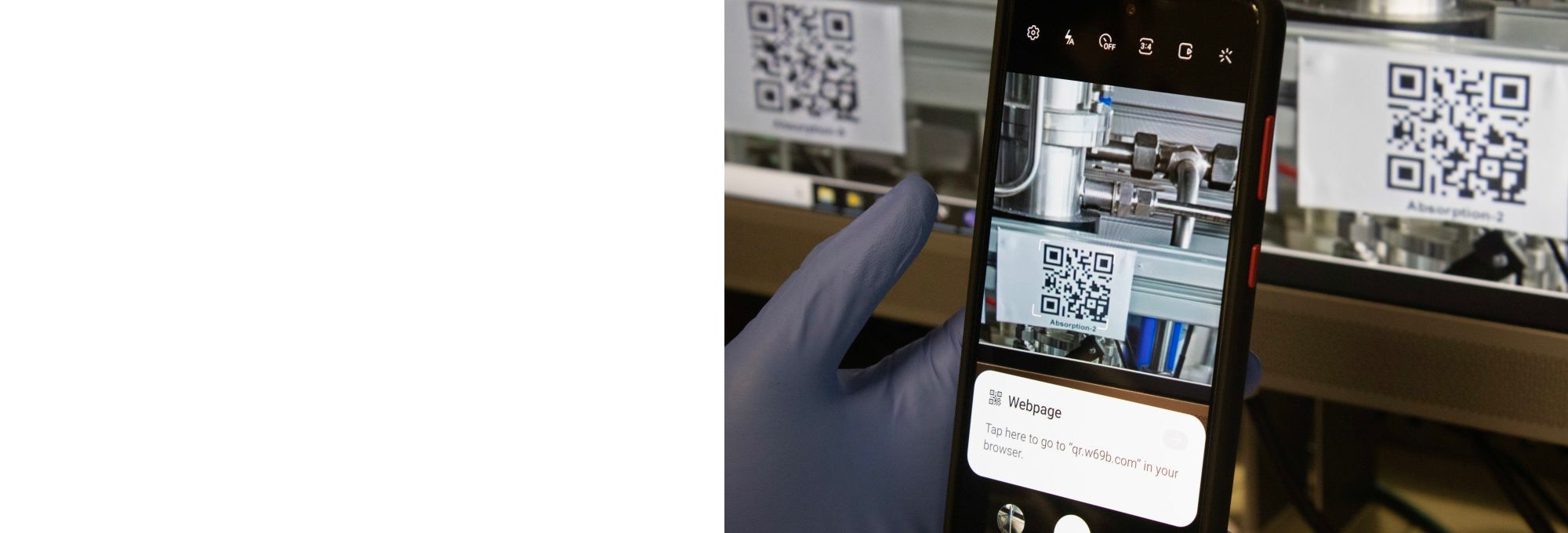
Encouraging creativity and conversation

Remote interaction is not just limited to lab-based degrees, as our Innovation Design Engineering students discovered in January 2021. The Dyson School of Design Engineering and Royal College of Arts delivered a week-long series of training sessions that were entirely online and hosted by experienced illustrators from the UK, EU and USA.
Students were reminded that creativity does not have to stop when you leave the classroom, as they were asked to live sketch during the sessions and share their work with each other for further feedback.
This week was amazing! This was a super helpful exercise, especially for those that have not had a classic design education before.
This seamless interaction between classroom and home study is also a key feature of the past year at Imperial’s Business School. Dr David Lefevre, Director of the School's EdTech Lab, commented: "In Summer 2020, we reconfigured all modules to offer an enhanced and flexible learning model. This accelerated further innovations, such as the reconfiguration of all our classrooms to allow students to choose whether to attend a class in-person or online. We called this combined approach 'multi-modal'.
"We were delighted to discover that student satisfaction levels during the disruption were on par with the previous five years."
Joanne Gardner, Director of Global Student Experience at the School, added: “We reinvented the student experience to ensure that our students felt valued, supported and connected to their community. We worked in partnership with students to pivot their entire experience programme online and dramatically increased the level of communication, to remain as transparent as possible with the community during times of uncertainty."
Professor Markus Perkmann, the Academic Director of the Imperial MBA, taught one of the first fully ‘multi-mode’ classes for the incoming cohort. Although having students both on campus and at home can mean teaching can take slightly longer than under normal conditions, he noted that an additional session has been added to compensate for any lost time. Some of the students were understandably hesitant to speak up at first but they were also eager to learn and contribute.
Students' newly renovated surroundings may have had some part to play in encouraging engagment. Six of the School's lecture theatres were converted to deliver 'multi-modal' teaching. All rooms were equipped with new technology, including multiple screens, ceiling array microphones and cameras to ensure all participants, whether in the room or online, got the best student experience possible.
The use of 'multi-modal' technology proved to be a great success, resulting in the conversion of six further lecture theatres on the South Kensington Campus and two further lecture theatres at Scale Space on the White City Campus.
New education technology has enabled lecture theatres to offer an equitable experience to students both on campus and at home.
New education technology has enabled lecture theatres to offer an equitable experience to students both on campus and at home.
Engaging in multi-mode education also demands teachers and students respect the principles of equality, diversity and inclusion. The Business School knew that it wanted to evolve and ensure it had a multi-faceted approach to bias, cultural awareness, and systems of privilege – all of which can be challenging to navigate during such a time of upheaval and limited interpersonal interaction.
A new, year-long and award-winning module, Working in Diverse Organisations, was launched to help students approach this subject. It involves the School’s whole community in its programming and delivery.
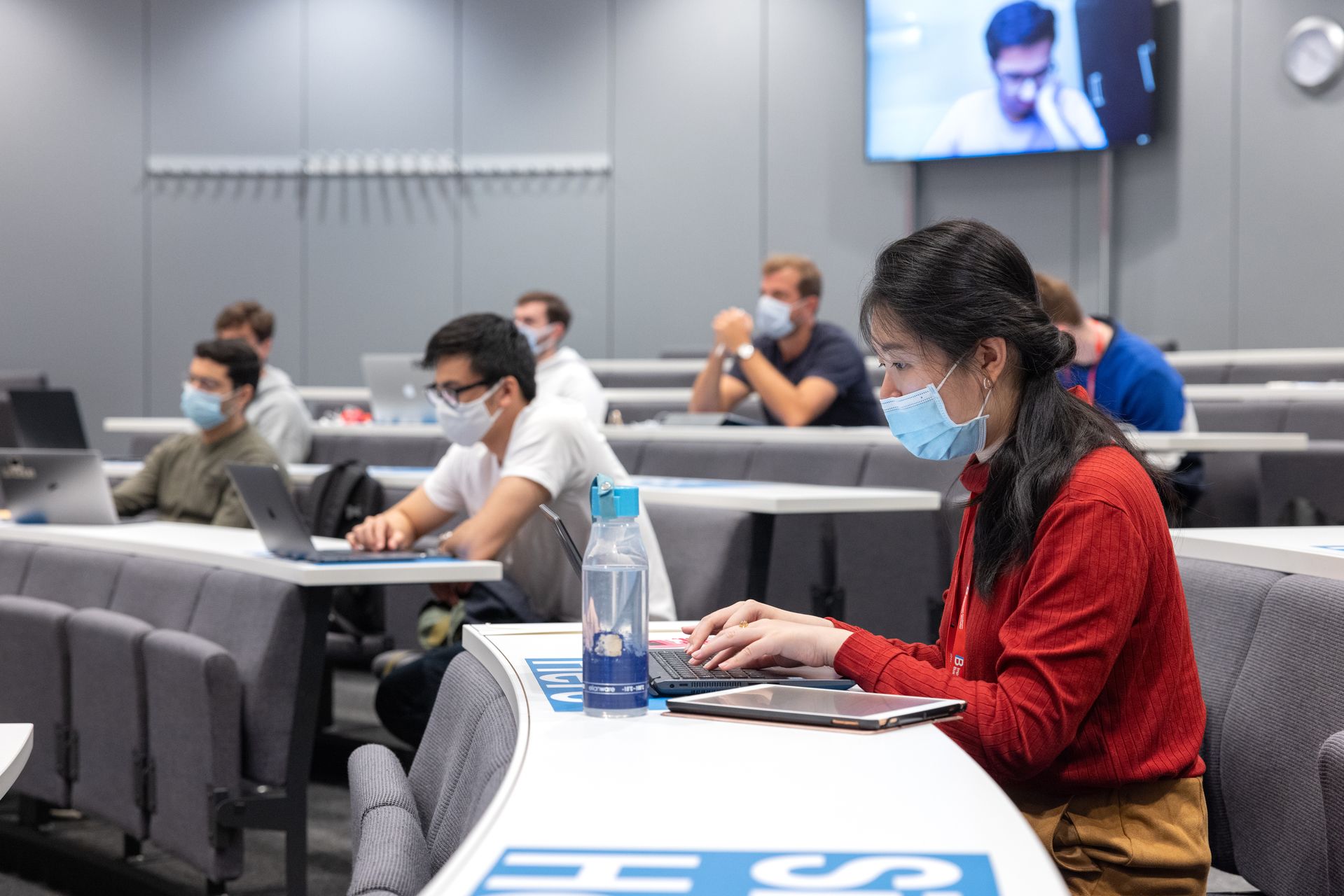
Staying connected
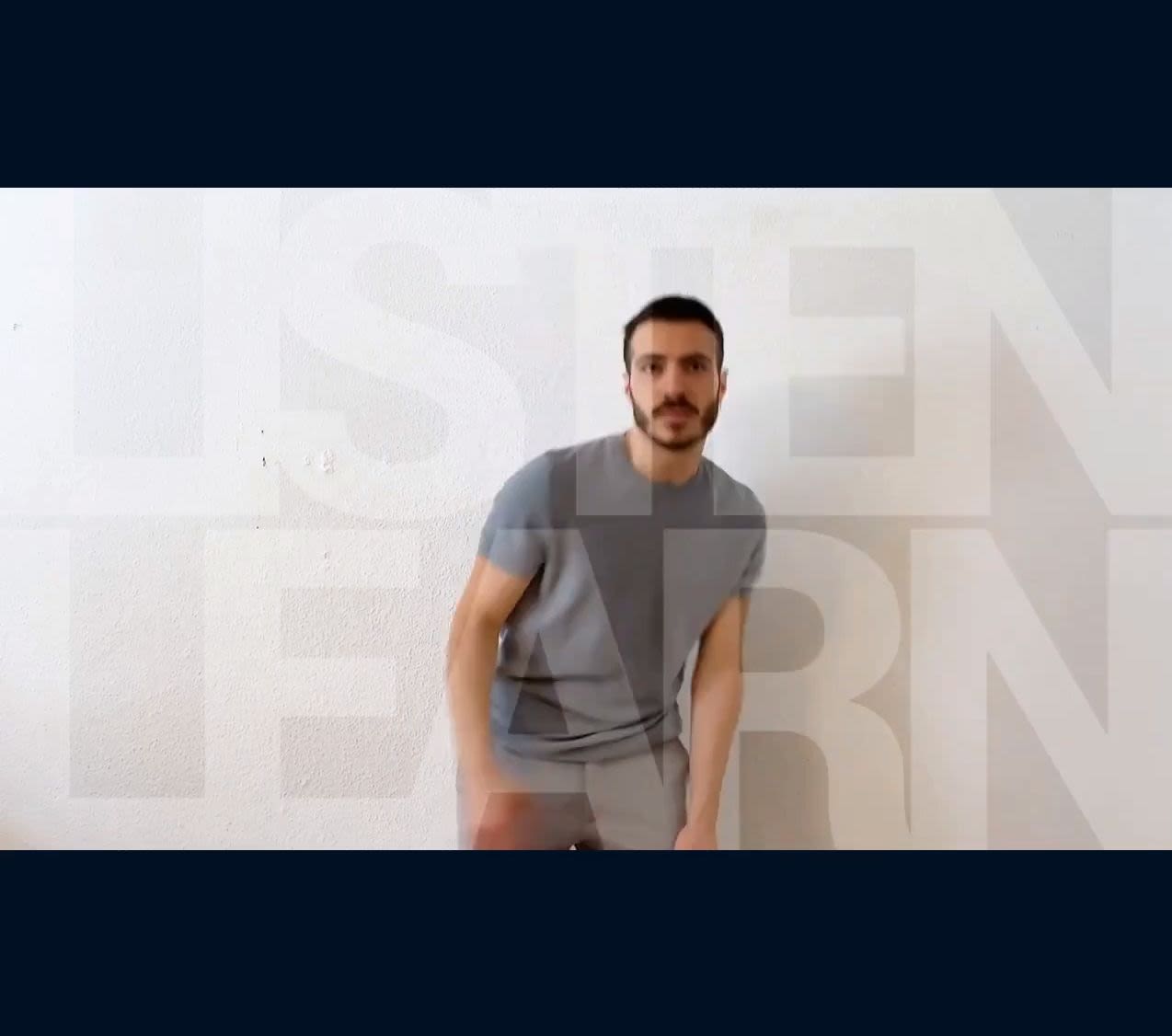
With Imperial’s community spread across different countries and time zones for much of the past year, it has never been more important that education brings people together.
Student cohorts across a range of modules have reflected on what human connection means to them, often with very unexpected and creative results. The ‘Dear Diary’ initiative, funded by the College’s StudentShapers project and part of the Imperial cross-Faculty Changemakers programme led by Dr Elizabeth Hauke, sought to create a record of the last academic year via student contributions. Interrupted by the pandemic, the material now represents a snapshot of the lives of our community.
Determined to greet students with all the enthusiasm we are usually known for, the College launched the 2020-21 academic year in October with our very first digital Welcome Season. We greeted over 6000 new students to the Imperial community and hosted over 100 events for undergraduate and postgraduate students, all signposted through a new app.
Alongside the development of virtual common rooms, in individual Departments, students have also proactively created projects that bring each other together. The Physics Society has launched its own review magazine, academic conference, and student-led lecture series, while at the Centre for Environmental Policy a mentoring system has paired current students with volunteers from Imperial’s extensive alumni network.
Meanwhile, in the School of Medicine students came together to launch a fundraising event - running the collective distance to Glasgow (621km) where a cancelled conference was due to take place. The Business School has also recently hosted coffee mornings with professors, a series of virtual ‘masterclasses’ for students to enjoy, including a global business dinner event, a cooking presentation with the Executive Chef of the Mandarin Oriental Hotel, and wellbeing yoga sessions.
All the while, our libraries have remained operational throughout the pandemic for students able to visit in person or remotely.
Library facilities have offered much-needed resources and quiet space for the student community.
Library facilities have offered much-needed resources and quiet space for the student community.
An illustration submitted by a Changemaker student on the theme of 'Connections', created while in lockdown.
An illustration submitted by a Changemaker student on the theme of 'Connections', created while in lockdown.
An illustration submitted by a Changemaker student on the theme of 'Connections', created while in lockdown.
An illustration submitted by a Changemaker student on the theme of 'Connections', created while in lockdown.
What comes next?

Across Imperial our community are carefully tracking the impact of multi-mode education, as well as the ways in which education innovation may be able to help support the wellbeing of our students and staff during and after the pandemic.
Moira Sarsfield, Principal Learning Technologist, has been advising the College's Faculty of Natural Sciences since 2003. Her field of expertise has had significant investment at Imperial in recent years prior to the pandemic, preparing us well for such an unexpected change of circumstances.
Many of the innovative approaches we have featured are a result of 'EdTech' teams such as hers collaborating across Departments and Faculties. Working together has meant that our students have been allowed to be taught, assessed, and to get to know one another in a far greater variety of ways than previously thought possible.
Moira said: "We've quickly responded to the needs of our staff and students. We have robust, engaging digital technologies available to use right now, and most of our community are already familiar with them.”
Students will continue to be consulted as Imperial navigates its way through the pandemic and decides on the future direction of our degrees. In the spirit of collaboration, Moira’s team invited two students to intern with them over the summer and contribute to their Faculty’s technological evolution. We discussed the benefits of remote learning with one Maths undergraduate currently studying remotely from China:
Some of my friends say that taking certain parts of the course remotely – like lectures – has actually benefitted their studies. It allows them to rewind the parts they find challenging, and fast forward through sections they feel comfortable with, so it’s kind of convenient.
And it is not just in Natural Sciences that there is a sense that there may be longer term academic opportunities from the upheaval caused by the pandemic. Some subject areas that have been stereotyped as slower to adapt than others have also embraced change.
This is evident back on the frontlines in hospitals where Imperial's ‘EdTech’ expertise continues to have a significant impact on our ability to teach the next generation of healthcare leaders.
In one instance, students have been able to witness and interact with real-time conversations between clinicians and patients with the very same HoloLens headset used by our Chemical Engineers. This has eliminated the need for these students to enter hospitals at a time when wards are under strain from the pandemic. Teachers can even record their teaching sessions, ensuring the School can offer an ever-expanding library of cases, clinical interactions and knowledge for its students that is available at any time.
Oliver Salazar, a medical student intercalating at Imperial, was part of the inaugural ward round: “Despite the round being virtual, it felt far from it – we were expected to ask questions and think about clinical problems in real time. It was really helpful to be able to access investigations, like x-rays and blood tests, in an instant, and the way the information was projected felt natural.
Fresh from this groundbreaking adaption, Professor Amir Sam, Head of Imperial College School of Medicine, is confident this period of change is just the beginning of a longer term trend as he looks to the future of education:
What we would like to see is our teaching driving technology rather than the limits of the technology dictating our creative boundaries.
We’ll be able to offer education for a broader community. Local, national, international – Imperial’s teaching will be beamed around the world.
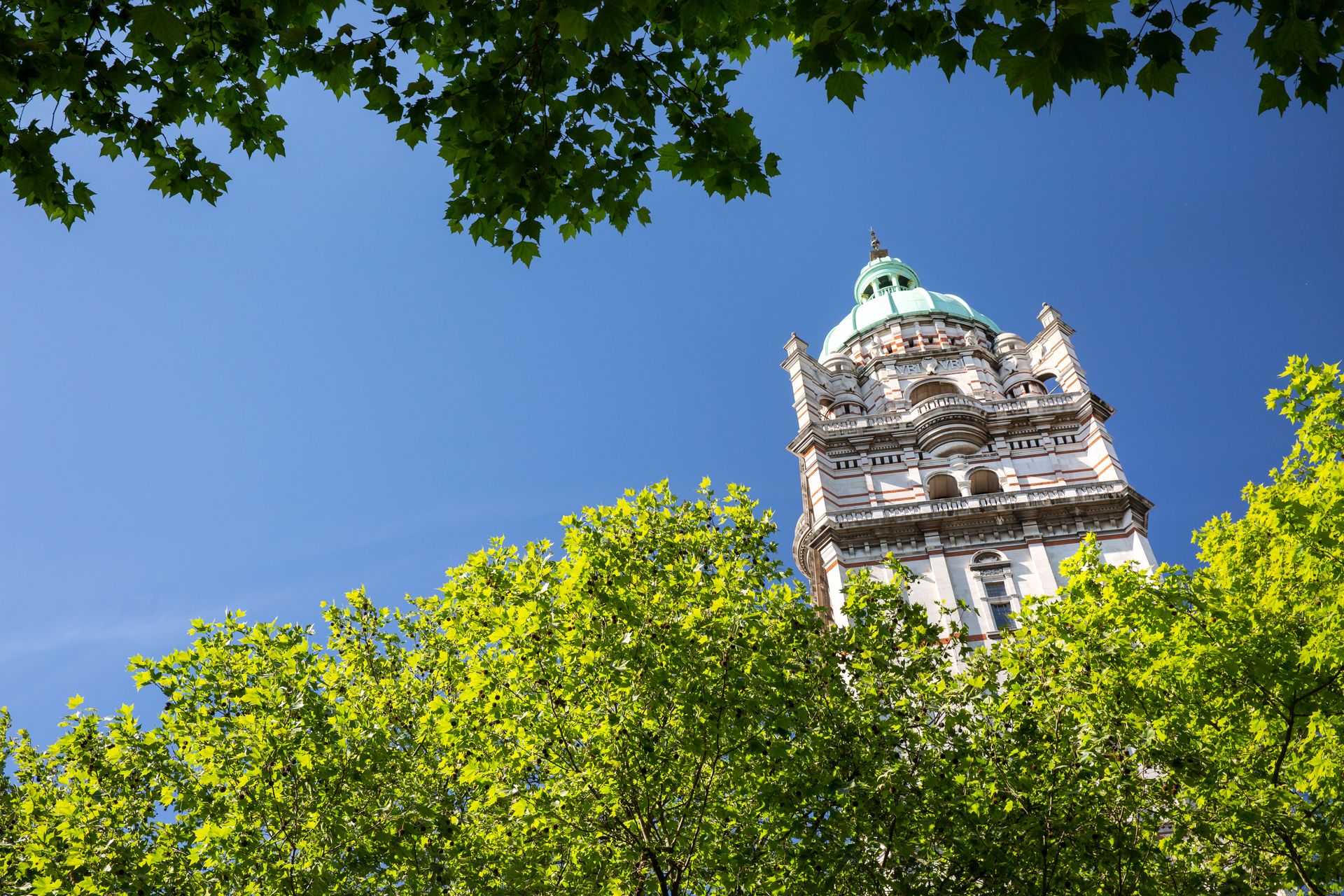
Find out more
All Imperial College London programmes are available to browse on our website.
The way programmes are delivered may vary depending on public health measures related to the pandemic, but we will keep all applicants informed of the latest developments as the year progresses.
